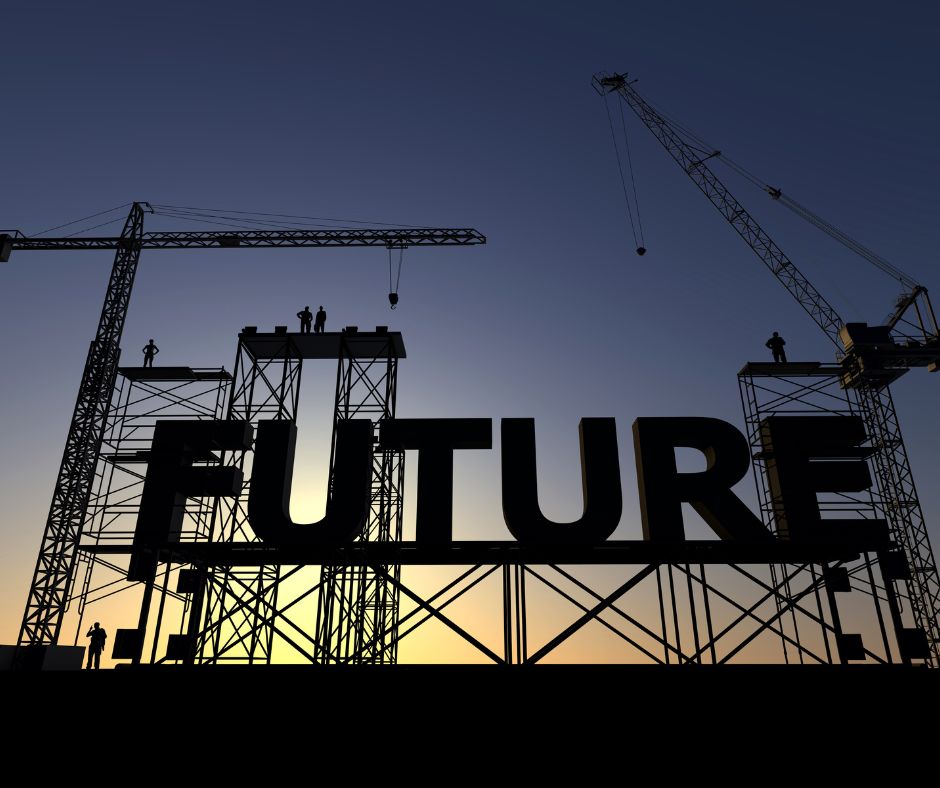The European Building Summit Barcelona (EBS) will bring together speakers and congressmen from all over the world to expose the new trends that will shape the future of construction based on three thematic axes: industrialization, digitalization and sustainability, at Fira Gran Via on 24 and 25 May, within the framework of Construmat. EBS Barcelona takes over from the European BIM Summit, the congress on BIM (Building Information Modeling) technology which, for the last seven years, has been organized by the Col·legi de l'Arquitectura Tècnica de Barcelona (Cateb). The aim of the change is to be one of the driving forces behing the Construction 4.0 revolution, with the participation of leading experts from the sector and BIM who will provide solutions, proposals and the latest developments: "We want to stimulate the sector to leave behind an obsolete and unsustainable form of construction and move towards the digitalization, industrialization and energy efficiency of the building stock", says Rafael Capdevila, director of the congress. A revolution that will improve the competitiveness of the sector, its resilience and its contribution to a more sustainable environment. And a global trend that will mean that, in less than a decade, the construction of industrialized houses surpass traditional ones in most developed countries. Speakers include Thomas Winterstetter, CEO of Werner Sobek and specialist in the design and construction of lightweight structures and envelopes; Núria Matarrodona, General Director of Architecture and Urban Agenda at MITMA; Carmen Santana, architect at ArchiKubik Spain; Belén Palao, expert in circular construction; Dolores Huerta, General Director of the Green Building Council Spain; Juan Carlos Cabrero, Director of the Industrialized Construction Specialist Technician course at the Colegio Oficial de Aparejadores y Arquitéctos Técnicos de Madrid; Mark Farmer, author of a review of the UK construction labor model; Olivier Lépinoy, strategic consultant at Autodesk; and Begoña López, expert in the creation and start-up of factories for industrialized construction, among others. Construction is the sector that consumes the most energy and resources and pollutes the most: 36% of CO₂ emissions in Europe. In addition, it suffers from a lack of more skilled labor, high workplace accidents, cost overruns, waste of materials, delays in execution times and low use of technology. Therefore, a new, more effective and efficient building system is required, "which allows houses to be built more safely, with a more transparent process and significantly reducing unforeseen events, cost overruns and delivery times", highlights Ignasi Pérez Arnal, CEO at BIM Academy. And, at the same time, it is essential to meet the demanding European environmental targets: by 2050 zero carbon and fossil fuel emissions must be achieved in the construction sector. The EBS will also address the energy renovation of a mostly outdated housing stock that needs to be renovated to reduce energy consumption and achieve sustainability.

Tools and models for sustainable construction, the challenge of doing more with less
Progressing towards sustainability is a global challenge and urgency. So the construction sector cannot be left out. Demographic growth, the excessive generation of waste and





